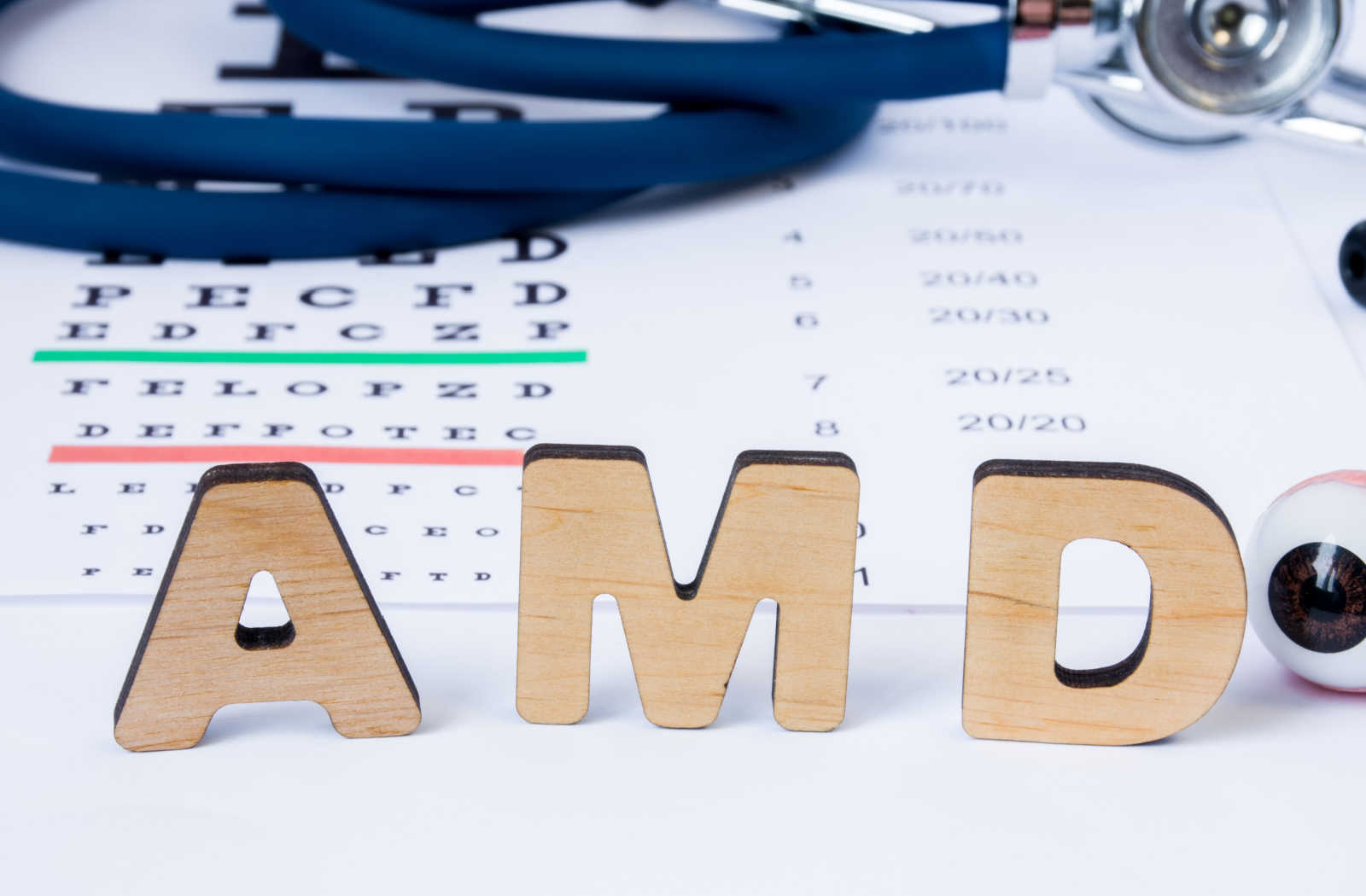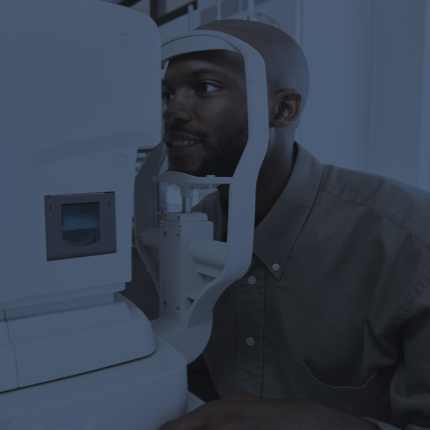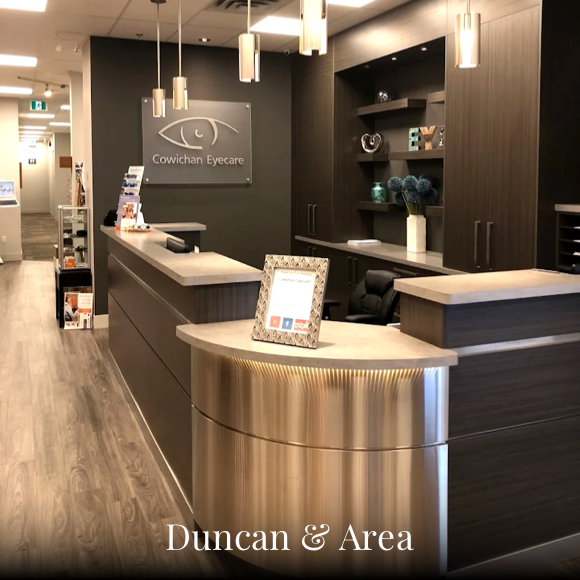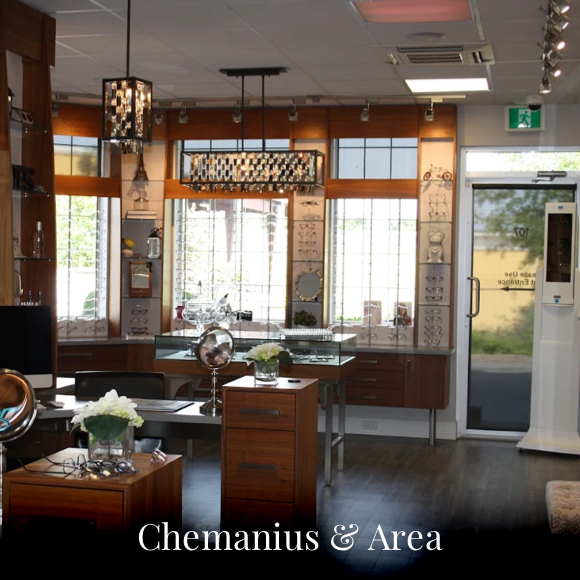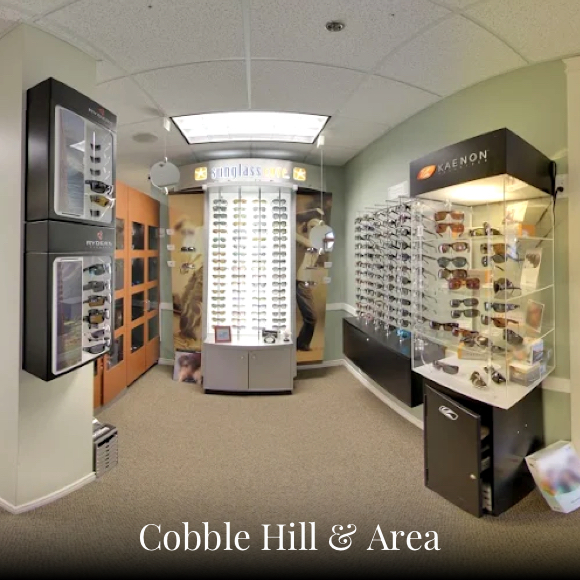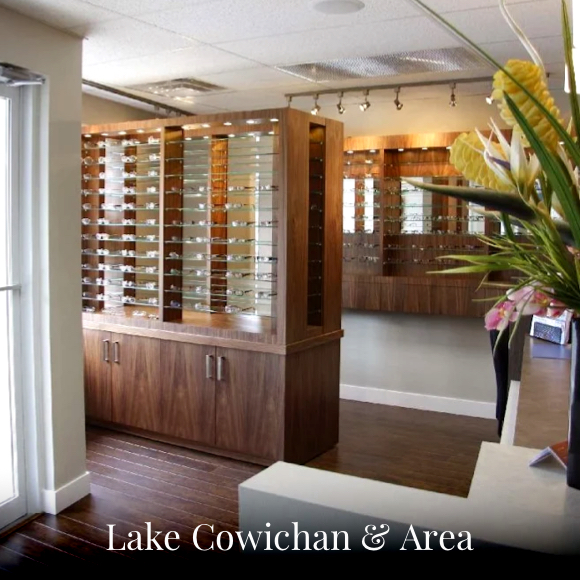When you have a refractive error, laser eye surgery can help improve your vision. Laser eye surgery can help address several eye conditions, but is macular degeneration one of them?
While laser eye surgery can help with age-related macular degeneration, it can’t cure this condition, and not every surgery is beneficial. Only certain surgeries can help treat macular degeneration.
What Is Age-Related Macular Degeneration (AMD)?
Age-related macular degeneration (AMD) is an eye disease causing gradual sight loss. As this disease progresses, the macula thins, affecting your central (straightforward) vision.
AMD is one of the most common causes of vision loss in adults over 60. As this disease progresses, it can lead to several symptoms.
In the later stages of AMD, you may notice the following:
- Blurry vision
- Dark areas in your central vision
- Different perceptions of color in rare cases
Types of AMD
There are 2 types of AMD, both causing eventual vision loss:
- Dry AMD: Dry AMD is the most common form of this disease. It occurs when the macula becomes thinner with age, causing you to slowly lose your central vision.
- Wet AMD: Wet AMD typically causes faster vision loss, occurring when dry AMD progresses. Abnormal blood vessels develop in the back of the eye, affecting the macula and causing vision loss.
What Causes AMD?
AMD occurs when parts of the macula become thinner with time. Small protein deposits can develop and lead to vision loss. As these deposits become larger, they can lead to bleeding and scarring in the macula, affecting your central vision.
When AMD first develops, it is always the dry form. As this disease progresses, it can lead to wet AMD and further vision-related complications.
The Risks of AMD
Age is the most common risk factor related to AMD—adults 55 and older are more likely to develop this condition.
Besides age, other risk factors include:
- Genetics
- Family history
- Smoking
Can Laser Eye Surgery Help Treat AMD?
Laser eye surgery can help treat AMD, but it depends on the surgery.
Many surgeries like LASIK can correct refractive errors like nearsightedness, farsightedness, and astigmatism. They aren’t ideal for treating conditions like AMD. However, there are laser eye surgeries for AMD.
These surgeries can’t cure AMD, but they can protect your eyesight. Surgeries for AMD are only used to treat the wet form of this disease.
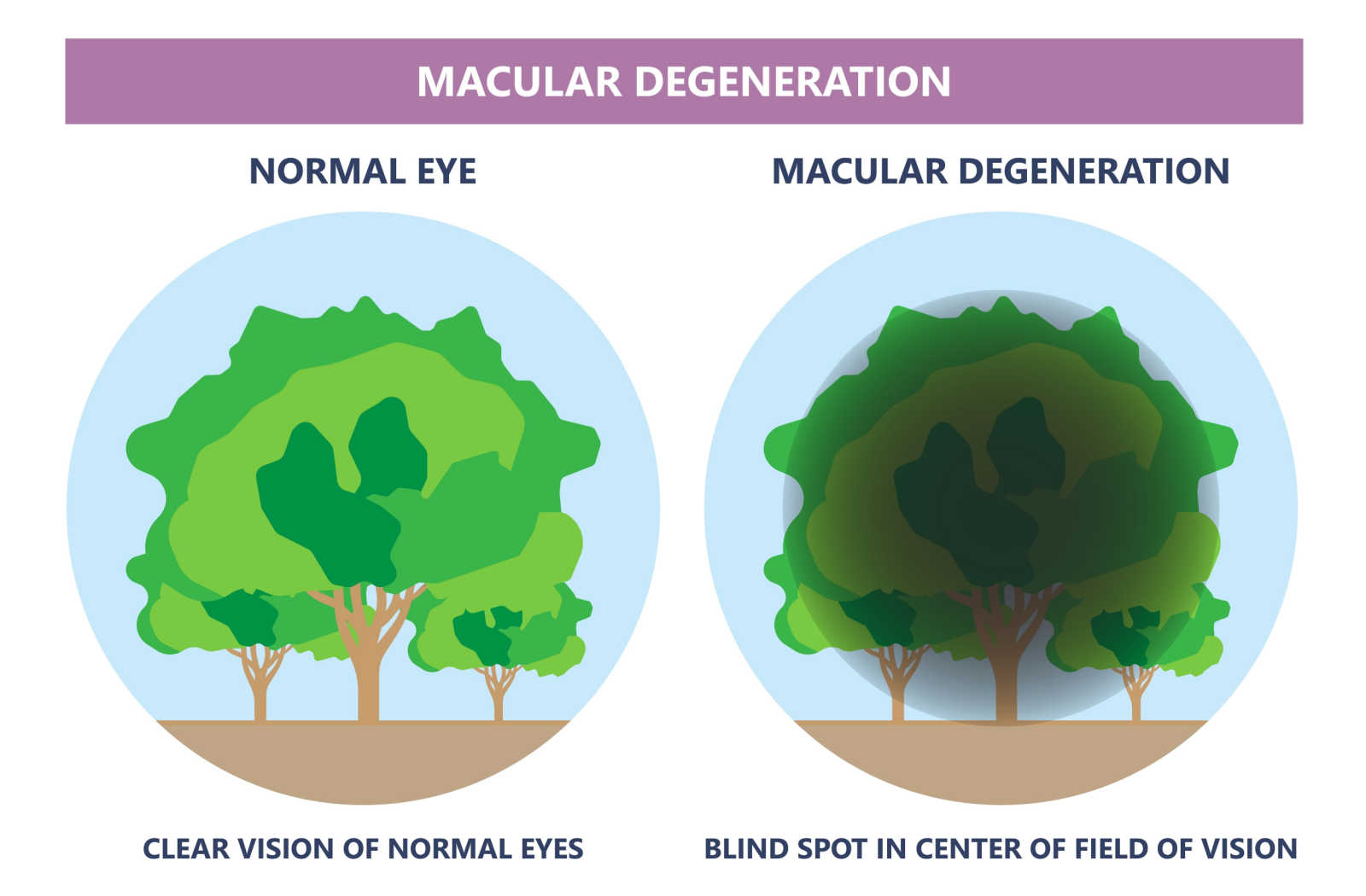
What Laser Eye Surgeries Can Help Treat AMD?
There are 2 laser eye surgeries used to treat wet AMD: photodynamic therapy (PDT) and laser photocoagulation. These surgeries help stop the leaking blood vessels in the eye, protecting your sight. However, these surgeries aren’t perfect.
While both surgeries can help prevent future damage to your vision, they do have some potential negatives, including:
- Repeat treatments: Approximately 50% of patients have blood vessels leak again within 2 years of treatment. You may need repeat treatments if issues arise.
- The number of blood vessels treated: While surgery can help address the leaking blood vessels in the eye, only 10–15% of these blood vessels are treated.
Photodynamic Therapy (PDT)
Photodynamic therapy, PDT for short, treats wet AMD with a combination of laser therapy and medication. Your doctor injects a light-sensitive medication into your arm before treatment begins. This medication helps clot the blood vessels in your eye.
Your doctor places a contact lens onto your eye to help focus the treatment laser. Shining the laser into the eye helps activate the injected medication, which helps form clots in the abnormal blood vessels caused by AMD. Clotting these blood vessels prevents future leaking, protecting your vision.
Laser Photocoagulation
During laser photocoagulation, your doctor treats AMD by burning retinal tissue. Using a laser to burn this tissue seals the leaking blood vessels in the eye, preventing damage to the macula.
Leaking blood vessels can affect the macula’s ability to detect light, which is essential for sight. This surgery doesn’t cure AMD, but laser photocoagulation can help prevent future damage, preserving your vision.
Additional vision loss commonly occurs with laser photocoagulation because the laser affects both healthy tissue and the leaking blood vessels in the eye. However, this vision loss is considered minimal compared to the potential vision loss from leaving AMD unaddressed.
Speak to Your Eye Doctor About Laser Eye Surgery
Laser eye surgery won’t cure AMD, but treatment can help prevent further vision problems. However, these surgical options have their limitations. It’s important to speak with your eye doctor about the treatment options for AMD. We offer AMD examinations and treatments, as well as laser eye surgery consultations should the procedure be beneficial. Visit one of our locations, and we can discuss your treatment options after completing a comprehensive eye exam. Contact us if you or a loved one are experiencing new or existing symptoms of AMD.

